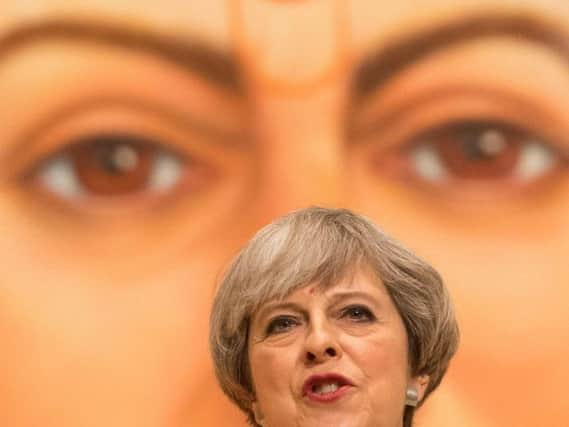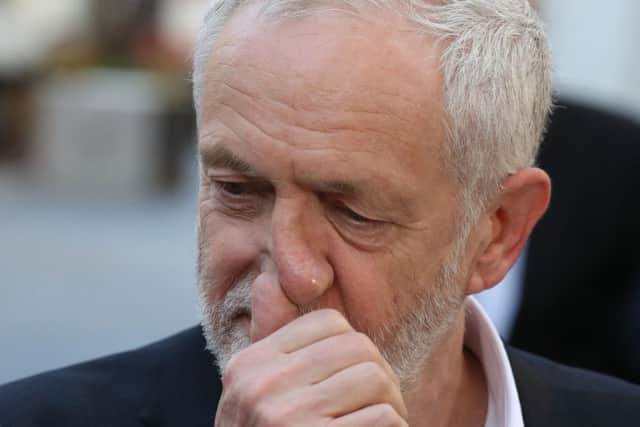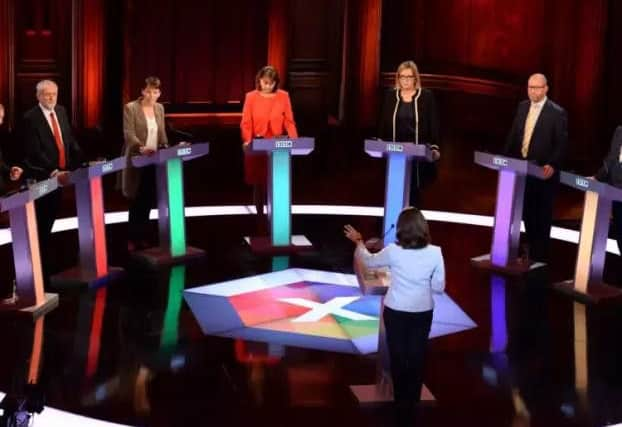Election 2017: How one of the strangest election campaigns of recent times unfolded


It was on a walking holiday with her husband Philip that Theresa May decided to do what she had always said she would not and call a snap general election.
With a Labour leader widely written off as unelectable and the opinion polls pointing to a Conservative landslide, it looked like the obvious move.
Advertisement
Hide AdAdvertisement
Hide AdBut in the seven weeks since she stood on the steps of Downing Street to make her announcement, what has unfolded has been one of the strangest campaigns of recent times.


It began slowly, the Prime Minister focusing relentlessly on her message of her promise of "strong and stable" leadership by "me and my team" to take the UK through the Brexit negotiations, with barely a mention of her party.
It finally came to life with the manifestos - first with the leak of Labour's unabashedly left-wing programme of nationalisations, spending increases and tax hikes for big business and the better off.
But it was the official publication of the Conservative manifesto and its unexpected proposal to scrap a planned cap on social care costs which changed the momentum of the campaign.
Advertisement
Hide AdAdvertisement
Hide AdAlmost immediately the polls began to tighten, while Tory candidates found anxious voters raising the issue of what the opposition parties quickly dubbed the "dementia tax" on the doorstep.


Within days the Prime Minister had performed a U-turn, announcing that they would consult on a cap in a green paper after the election - effectively rewriting a central plank of the manifesto mid-campaign.
But Mrs May was not the only one under pressure.
Jeremy Corbyn was attracting cheering crowds to his rallies but the Labour leader was dogged by questions over his past support for groups linked to the IRA and his opposition to the Trident nuclear deterrent, even though Labour is committed to keeping it.
Meanwhile, the Liberal Democrats - who had high hopes of capitalising on their opposition to Brexit to rebuild support among the 48% who voted Remain - and Ukip saw their vote being squeezed by the larger parties.


Advertisement
Hide AdAdvertisement
Hide AdAnd then came Manchester. Suicide bomber Salman Abedi blew himself up at an Ariana Grande concert, killing 22, injuring dozens more and temporarily halting the campaign as politicians and voters alike came to terms with the worst terrorist attack on UK soil in more than a decade.
The rhythm of normality gradually resumed only for terrorists to strike just 12 days later with the horrific attack on London Bridge and Borough Market, prompting renewed questions about what could - and what should - be done to combat the jihadi threat.
It meant that the final days of what was supposed to be the "Brexit election" were dominated by issues of security and who voters could most trust to keep them safe.